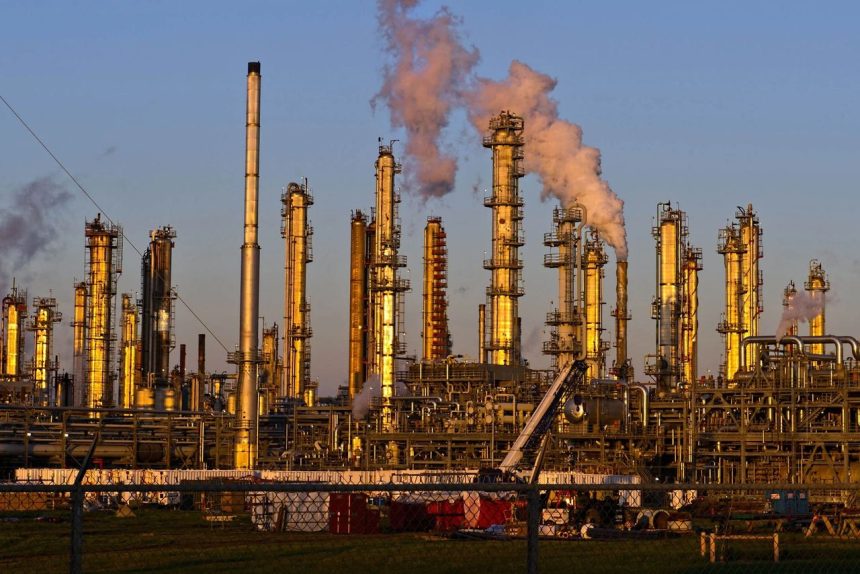Rising geopolitical tensions between Israel and Iran have reignited concerns in global energy markets. Since June 13, Brent crude prices have jumped around 7–11%, climbing from roughly $67–68 to the mid-$70s per barrel — marking the sharpest rise in over a month . Analysts warn that further escalation could propel oil prices beyond $100, with extreme scenarios potentially reaching $120–150 if the Strait of Hormuz becomes a flashpoint .
The spike began after Israel launched extensive strikes on Iran’s nuclear and military installations, including the Natanz enrichment site and ballistic missile facilities . Iran retaliated with drones and missiles targeting Israeli cities, and analysts warn of a dangerous escalation amid threats to Gulf shipping lanes — notably the Strait of Hormuz, through which nearly one-third of global seaborne oil flows .
Economic Outlook and Market Dynamics
Financial institutions, including Goldman Sachs and Citi, believe current supply remains sufficient. They project Brent to fall to the high‑$50s by year-end if the conflict doesn’t expand . Yet, they caution that any disruption in Hormuz — via tanker attacks, mining, or blockade — could dramatically elevate prices .
Should escalation continue, price levels above $100 may not be temporary. Analysts like Stewart Glickman of CFRA anticipate this outcome if Iran actively obstructs oil transit, while Lazard argues that a “stagflationary shock” could take Brent to $130–150 amid monetary constraints . This trend has already rattled global equities, triggered safe-haven inflows, and pressured inflation outlooks .
Implications for the Maldives
As a small island nation heavily dependent on imported fuel, the Maldives is acutely vulnerable to oil market shocks. In 2022, fuel imports—including petrol, diesel, and cooking gas—accounted for approximately $507 million, nearly 20% of total imports . Spending soared again in 2023 when oil subsidy costs quintupled state projections, forcing expenditures to climb to around $831 million .
Given the nation’s near-total reliance on diesel-fired power generation and maritime transport, sustained Brent above $80–100 would likely widen the budget deficit further, erode foreign reserves, and strain public finances . While cheaper oil may modestly ease inflation and support household income in wealthier nations, in the Maldives the opposite holds: price volatility worsens subsidy burdens and threatens macroeconomic stability .
Policy and Strategic Considerations
Financial experts and policymakers in Malé are expected to weigh short-term measures such as emergency price adjustments, reserve releases, or subsidies. However, the broader solution lies in accelerating the transition to renewable energy. Solar hybrids, already deployed in outer islands, offer one pathway to reduce diesel dependence, lower subsidies, and improve resilience .
Looking Ahead
With the Israel–Iran conflict unfolding daily, the path of oil prices could sharply diverge. Markets currently price in a 17% probability of a wider supply shock . If tensions ease, prices may retreat below $70. But any disruption in the Gulf shipping lanes could catapult Brent into the triple digits, delivering heavy economic repercussions globally — and especially in oil-dependent economies like the Maldives.




